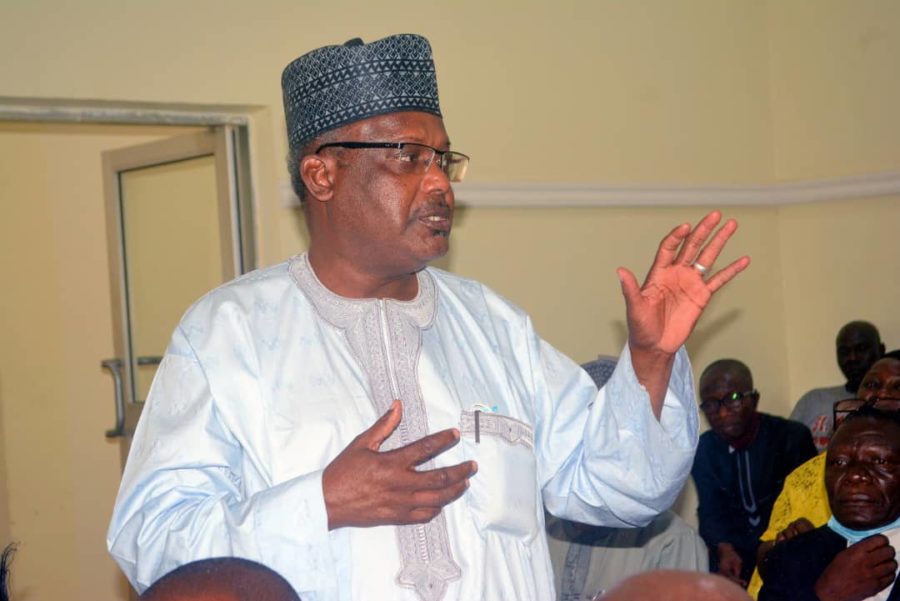Drug, Substance Abuse Should Be Included In Primary, Secondary Schools’ Curriculum — ISSUP
Neuro- psychologist experts have stressed the need for governments to include drug and substance abuse in both primary and secondary schools’ curriculum to enable students to become educationally informed of its dangers.
This was revealed during a one-day workshop organized by a group under the aegis of International Society of Substance Use Professionals, (ISSUP), Kaduna State branch.
Advertisement
With the theme “Parenting Skills and Prevention of Drug Addiction In Teenagers”, experts attribute the rising cases of social vices to faulty parenting while stressing the need to give children the right and useful upbringing in line with religious tenets.
In his keynote address, Associate Professor of Neuro-Psychiatry, Dr Bashir Adam Yakassai, said it was important that the society empathise with victims of addiction by showing them love, care and support.
Such acts, according to him, will facilitate their quick recovery and prevent them from total withdrawal.
He said the dreaded pathology could be prevented via seminars, including the media to educate and enlighten the public especially teenagers on the dangers associated with the menace of drug and substance abuse in society.
Advertisement
Also speaking, Medical Director, Federal Neuro-Psychiatric Hospital Kaduna, Prof. Abdulkareem Yusuf Jika, identified different types of addiction to include: drugs, behaviour, gambling and technology among others.
He identified dysfunctional families, peer group pressure, lack of education, skills and environment as some of the factors that could predispose teenagers to drug and substance abuse.
He called on parents to monitor their children’s movement, friends and interactions.
He said it would be easier to curb the problem at the early stage when they started experimenting with strange behaviours, and at the same time prevent them from the negative influence of peer pressure.
On his part, the National President of ISSUP, Dr Martins O. Agwogie, said the development of professional drug demand reduction and evidence-based interventions are key to addressing drug and substance abuse in the country.
Advertisement
The president said ISSUP was committed to addressing the threat via building a united, trained, and effective multidisciplinary national network of substance use prevention, treatment, recovery and research professionals.
According to him, promoting high-quality, evidence-based substance use prevention requires concerted effort from members, cutting across different disciplines toward finding a sustainable and cost-effective solution to the menace in the society.
He, however, pointed out that evidence-based practice was targeted at applying research findings on daily patients’ care and considering their unique need and personal preferences using scientific and clinical evidence to tackle the menace.



